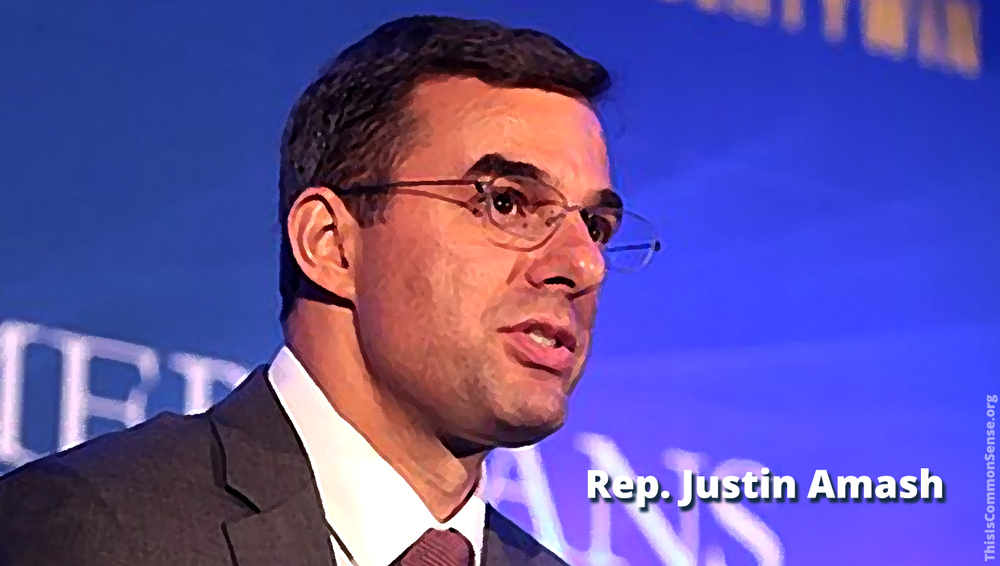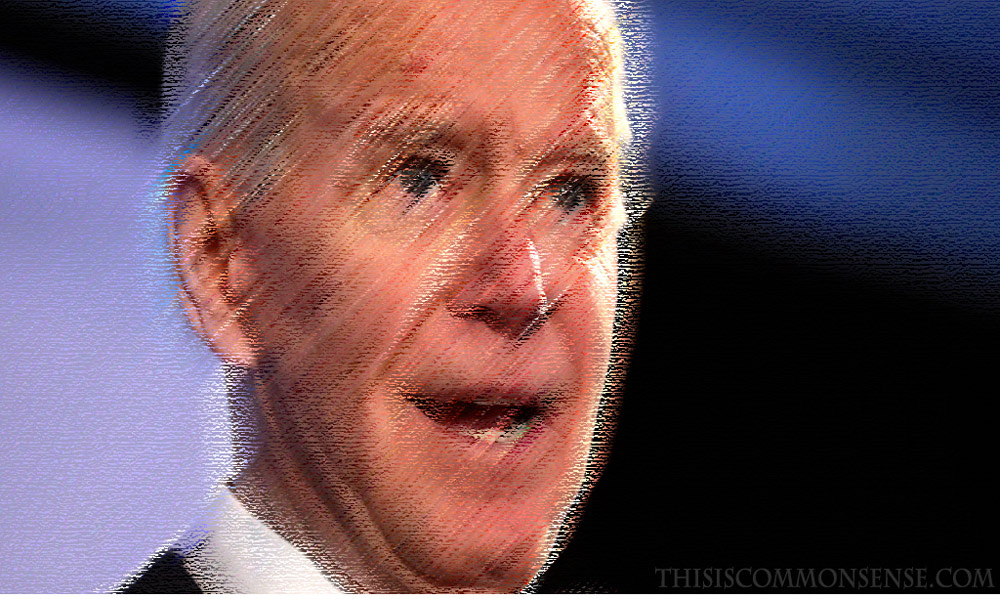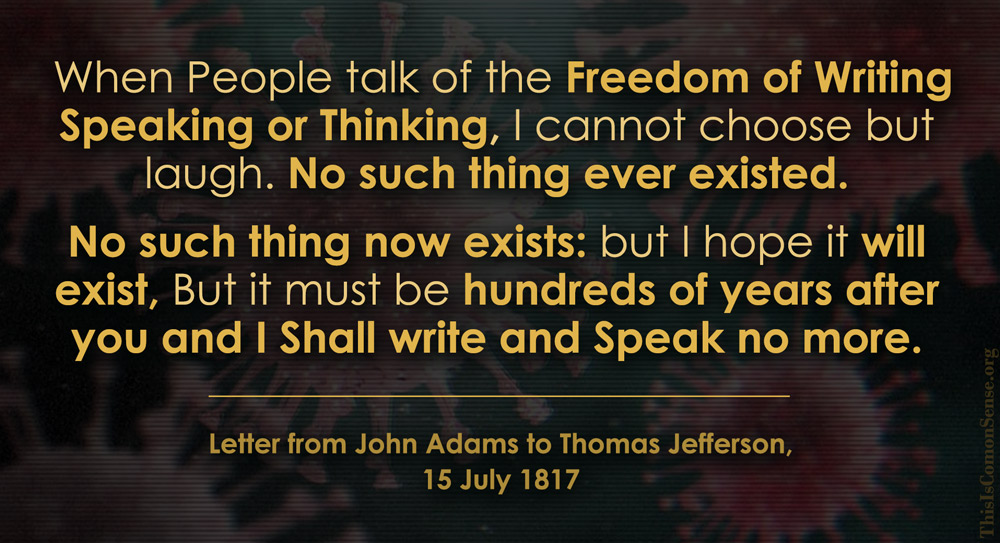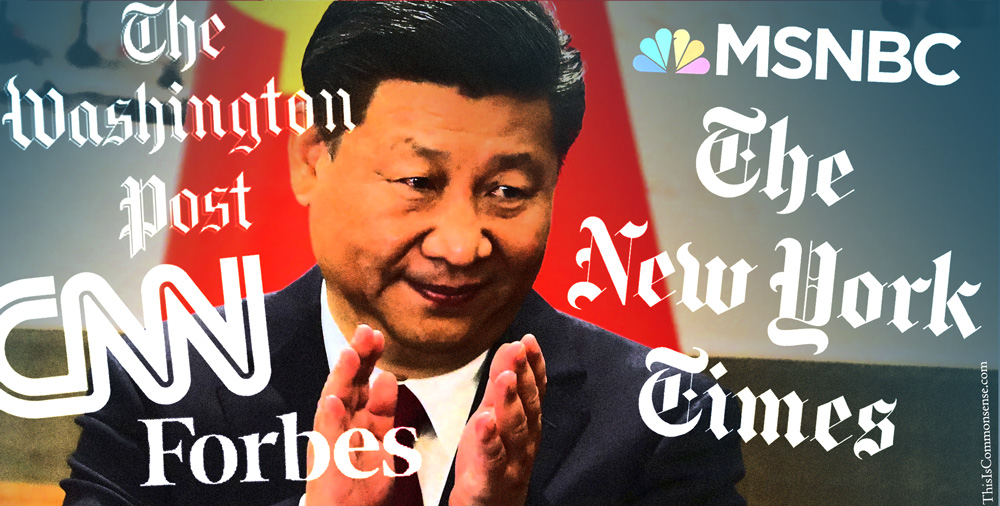For a moment there — a few weeks — a comparatively youthful candidate with a gentle, conscientious and respectful temperament seemed poised to challenge the major parties’ sausage-twisting septuagenarians,The Donald and Sleepy Joe. A congressman from Michigan had entered the Libertarian Party’s hat-strewn ring, offering us something serious for Death Race 2020.
Then, Saturday, Rep. Justin Amash sent a series of tweets announcing that he was ending his presidential bid.
Presidential campaigns aren’t easy. And between outrageous anti-democratic ballot access hurdles and the pandemic, it has gotten even more difficult.
Win or lose — and Amash was going to lose — I’ll miss what the Great Lakes State representative might have gotten a chance to say to audiences across the country.
About partisanship.
About political control.
In Washington.
“That’s why we have so much discord,” Amash told constituents at a 2019 town hall, “because members of Congress are just following the party line all of the time.”
Party bosses?
“Right now, you have a system in which the Speaker of the House controls the entire process,” charges Amash. “That was true under Republicans and it’s true under Democrats. Under [Speaker] Paul Ryan, for example, we had for the first time in Congress’s history an entire term where we weren’t allowed to amend any legislation on the House floor.
“And so far under Speaker Pelosi the same thing has happened,” he added. “No amendments have been allowed on the House floor.”
“You need the House to be a deliberative body where everyone participates,” Amash declares, “and everyone has a chance to offer their amendments, to offer their ideas.”
Great point.
We sure could use a champion for it.
This is Common Sense. I’m Paul Jacob.

—
See all recent commentary
(simplified and organized)




